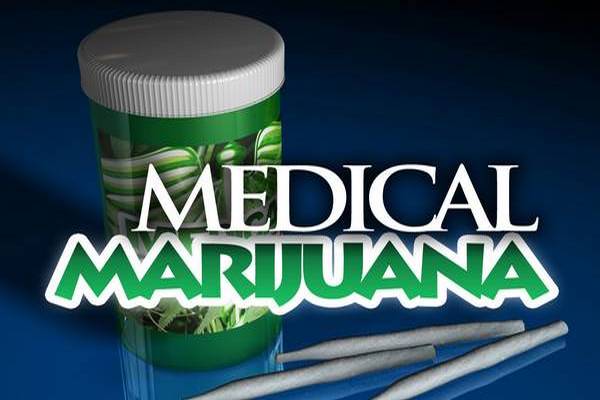Let doctors decide on medicinal cannabis
 Dominion Post Editorial 16 October 2015
Dominion Post Editorial 16 October 2015
OPINION: The call grows louder to relax the laws around “medicinal cannabis”. Union leader Helen Kelly, who has terminal cancer, has given it new voice with her own forceful appeal to the Government.
“If a doctor says I would benefit from this, then who is Peter Dunne to decide whether I will or not?” Kelly asks.
Good question. As the law stands, Dunne, the associate health minister, must give his blessing before any cannabis-related treatment can be used on a patient in New Zealand, even the sole such drug already approved here.
He should not have this power; it should belong to doctors and medical authorities, who can decide whether a drug is safe and effective, just as they do with almost every other drug.
Think of morphine, for instance, which is more dangerous than cannabis – the minister rightly does not get to toss up whether a person in pain needs it or not. Neither should he here.
Indeed, for terminally ill people, the law should go further and allow them a special dispensation to use cannabis. This is what happens in New South Wales, where a new scheme lets them avoid prosecution for using the drug. No-one can begrudge someone who is dying such a wish – the health and addiction arguments fall away.
For everyone else, the debate about “medicinal cannabis” gets more difficult. In the simplest case, where the therapeutic benefits of a cannabis derivative are clear – and where there is no psychoactive “high” from taking it – then the drug should win approval.
Are there such drugs? Perhaps, but the case is not solid. The US surgeon-general says cannabis-related drugs show promise “for certain medical conditions and symptoms”, yet cautions that the data is preliminary. Trials are under way everywhere, from Australia to Israel, but they will take time.
In the meantime, inspired by anecdote, internet videos and personal experience, patients are using cannabis and its derivatives for everything from rare kinds of epilepsy, to multiple sclerosis, to nausea and pain relief, especially after cancer treatment.
Another problem is that the term “medicinal cannabis” is unhelpfully broad. It covers everything from smoking the plant conventionally (the “medical marijuana” of many US states), to taking an oral spray containing only a small amount of THC, the component of cannabis that makes people high (this describes Sativex, the drug currently allowed in New Zealand), to oils with no psychoactive properties (like the one given to Nelson teenager Alex Renton this year before he died).
Clearly each treatment would need its own assessment and controls, and some would simply be rejected.
Of course, allowing the careful prescription of proven drugs is very different to decriminalising cannabis. That is a much more fraught debate, which must reckon with a failing model of punishment on one hand, but also with evidence of the harm the drug does, especially to teenagers, people with psychotic tendencies and those prone to addiction.
For those suffering deeply, however, another, more compassionate set of rules should apply.
http://www.stuff.co.nz/dominion-post/comment/editorials/73063674/editorial-let-doctors-decide-on-medicinal-cannabis






